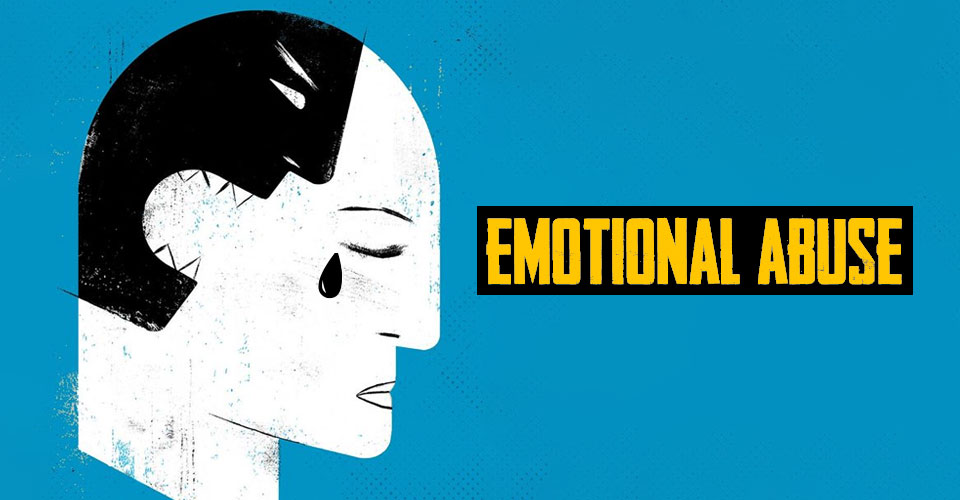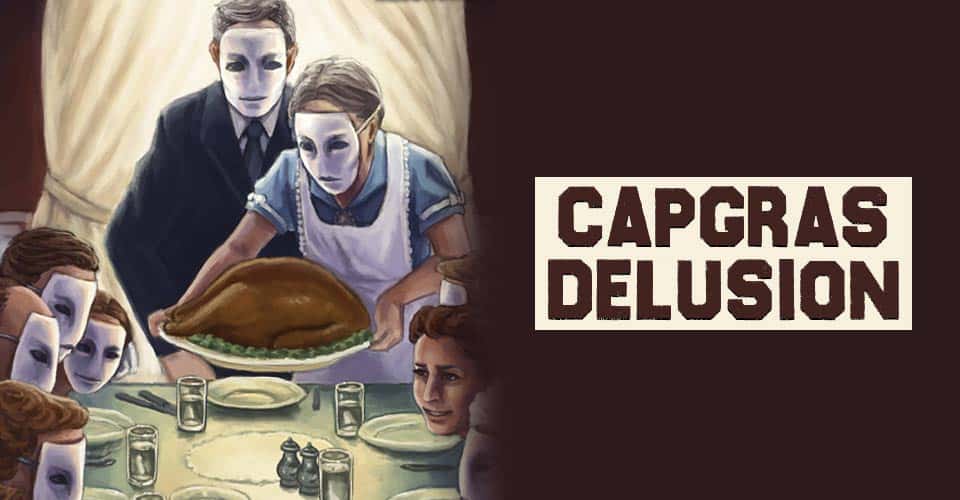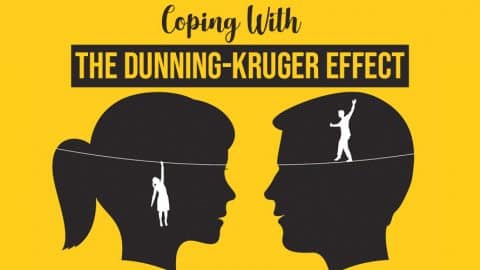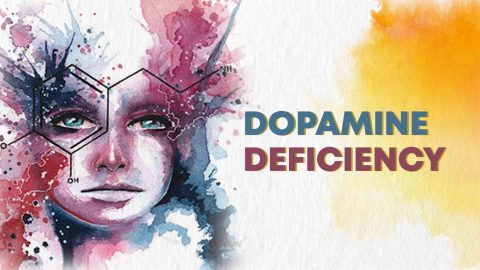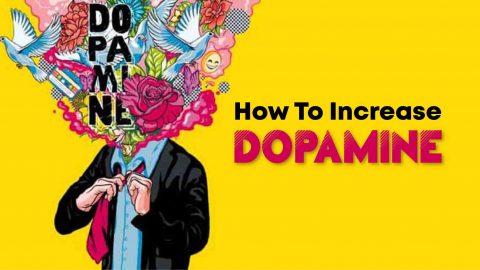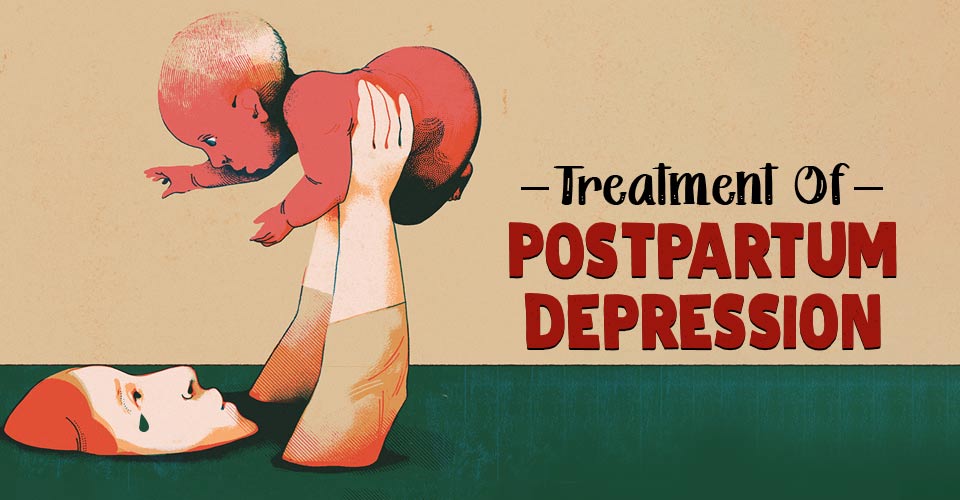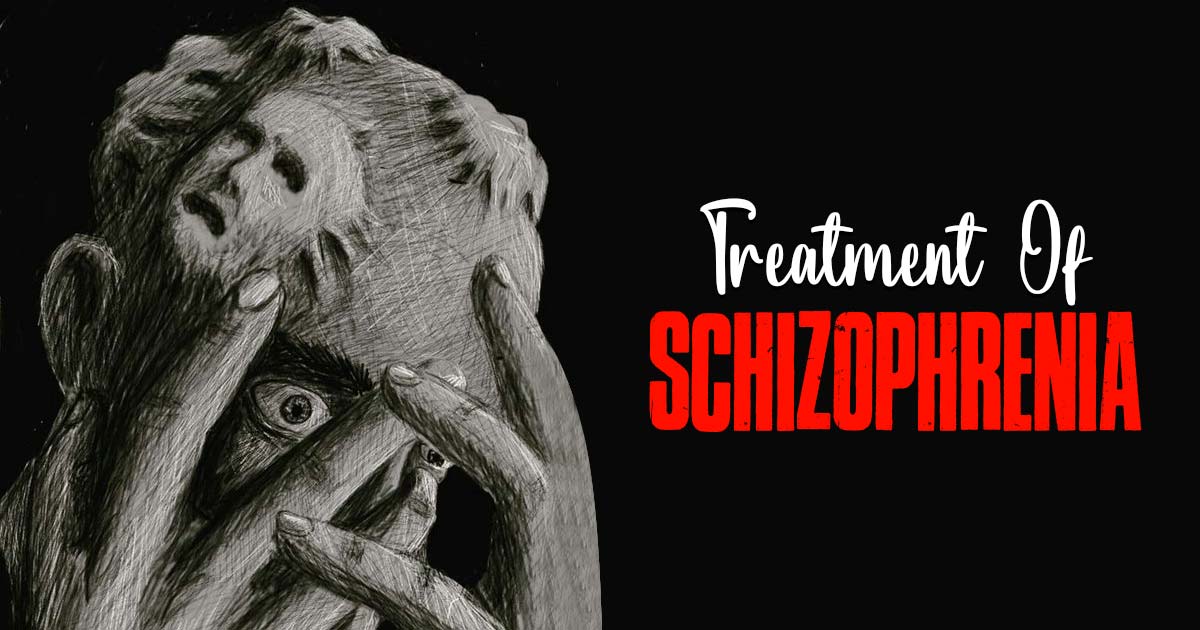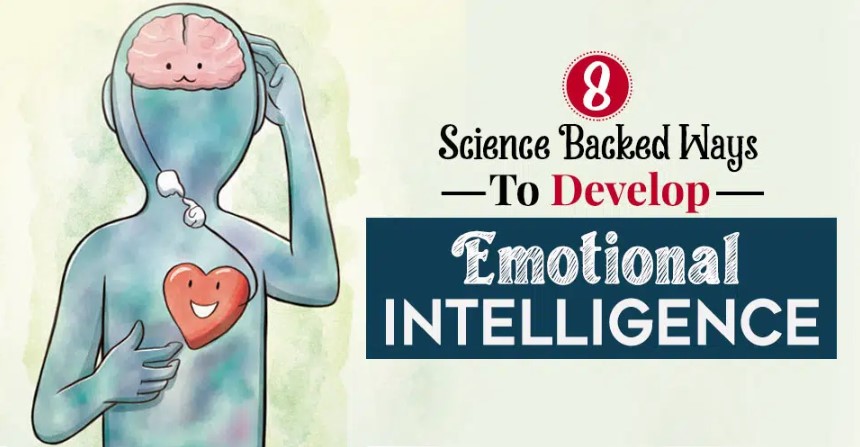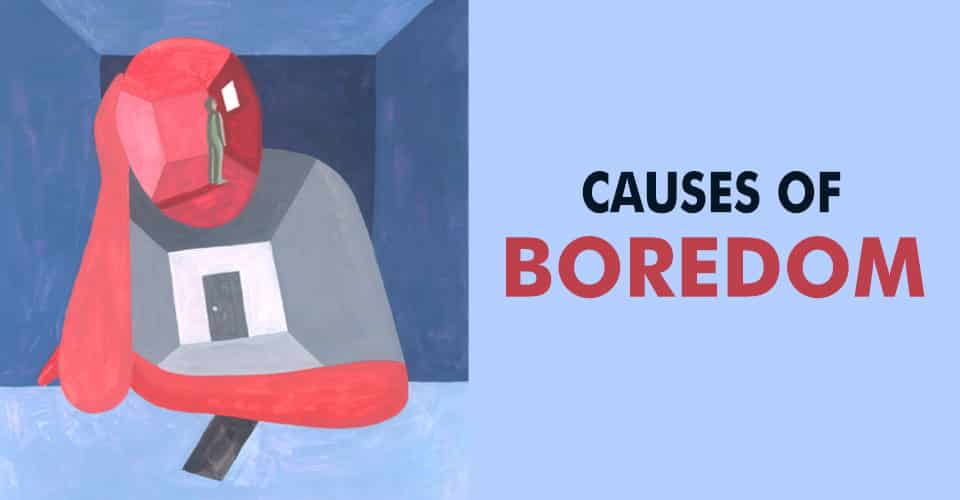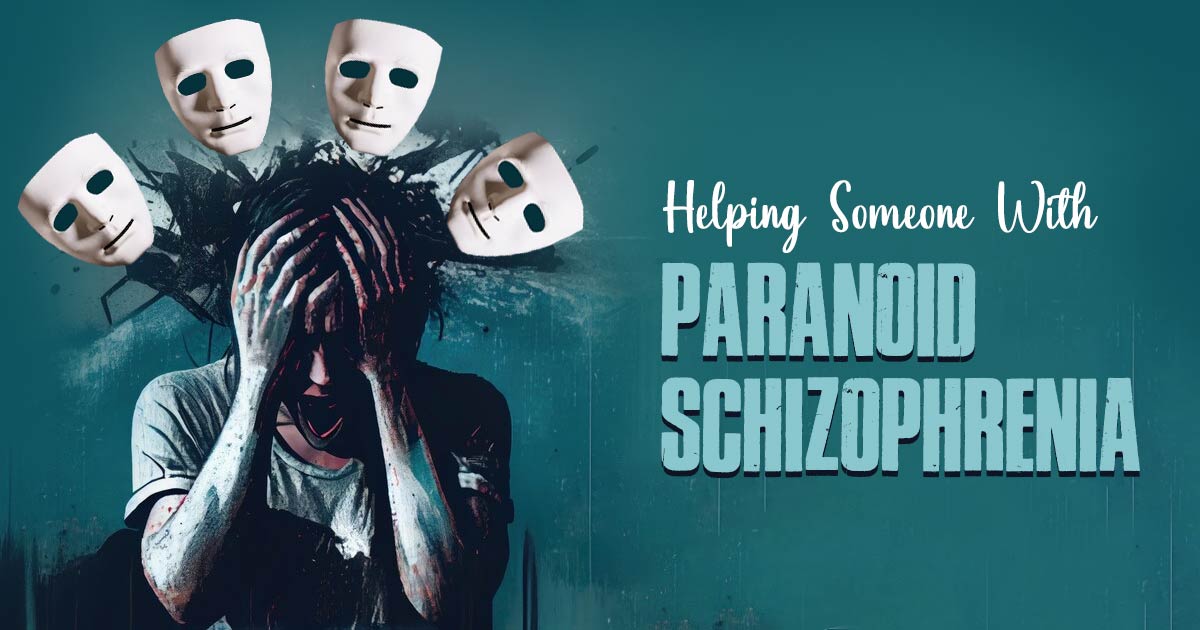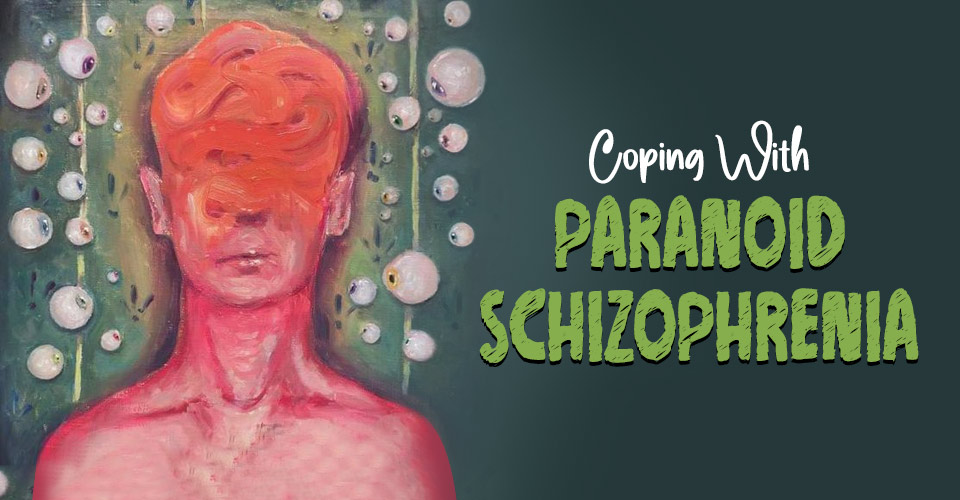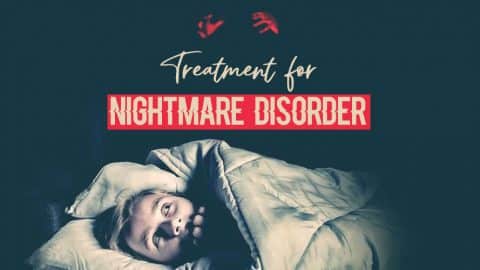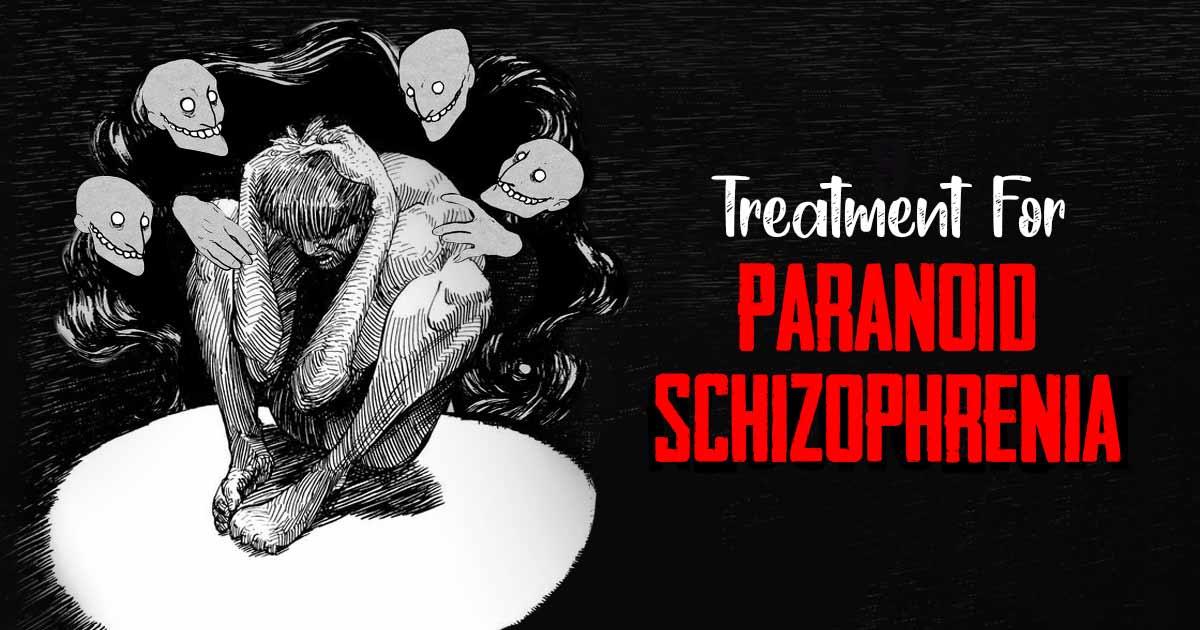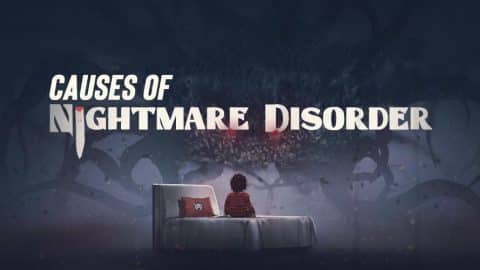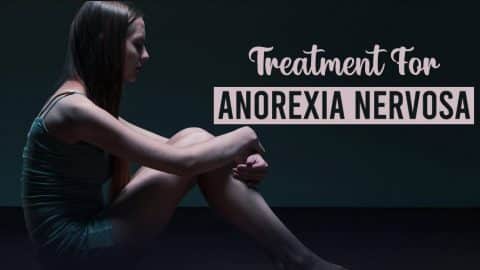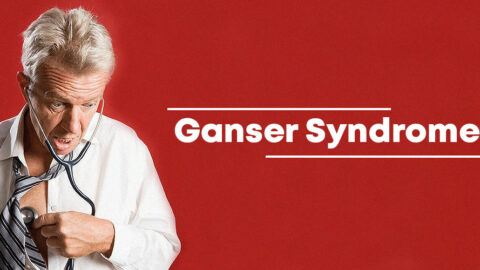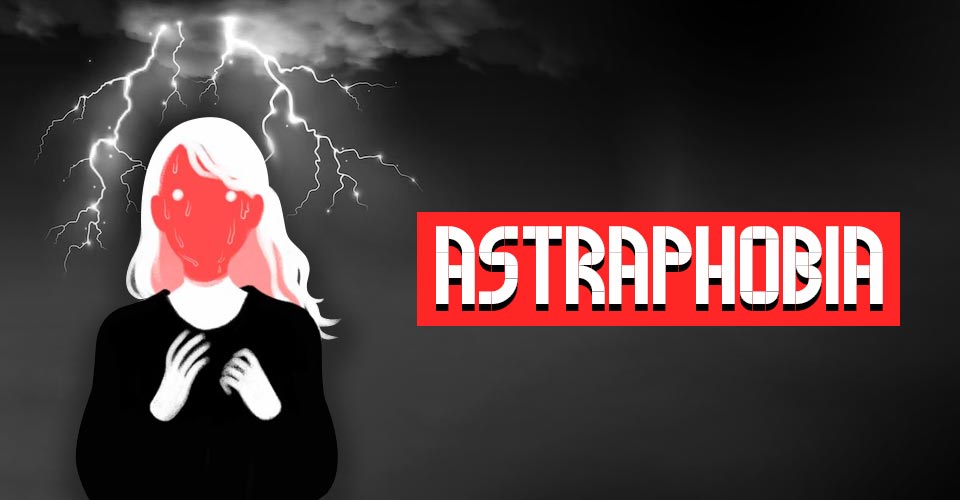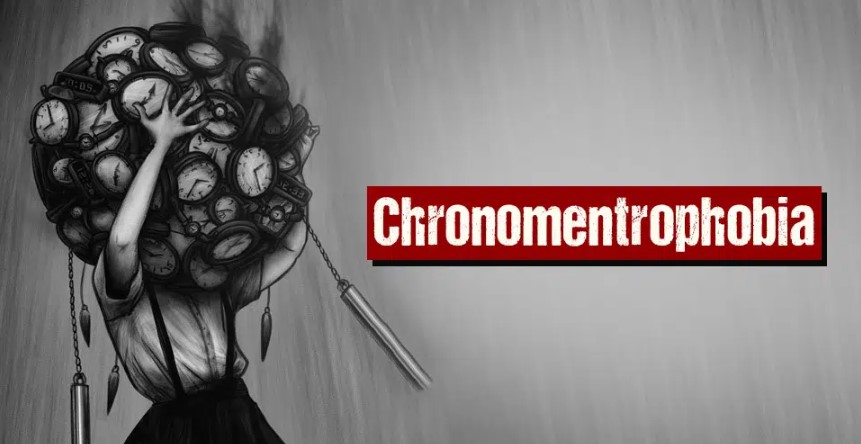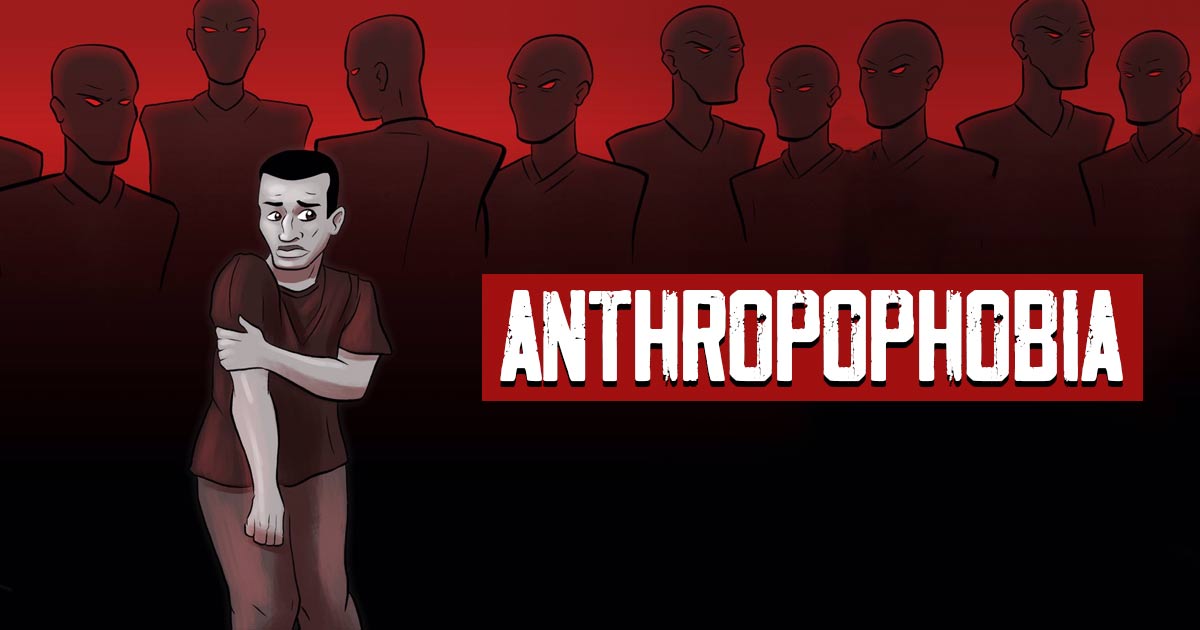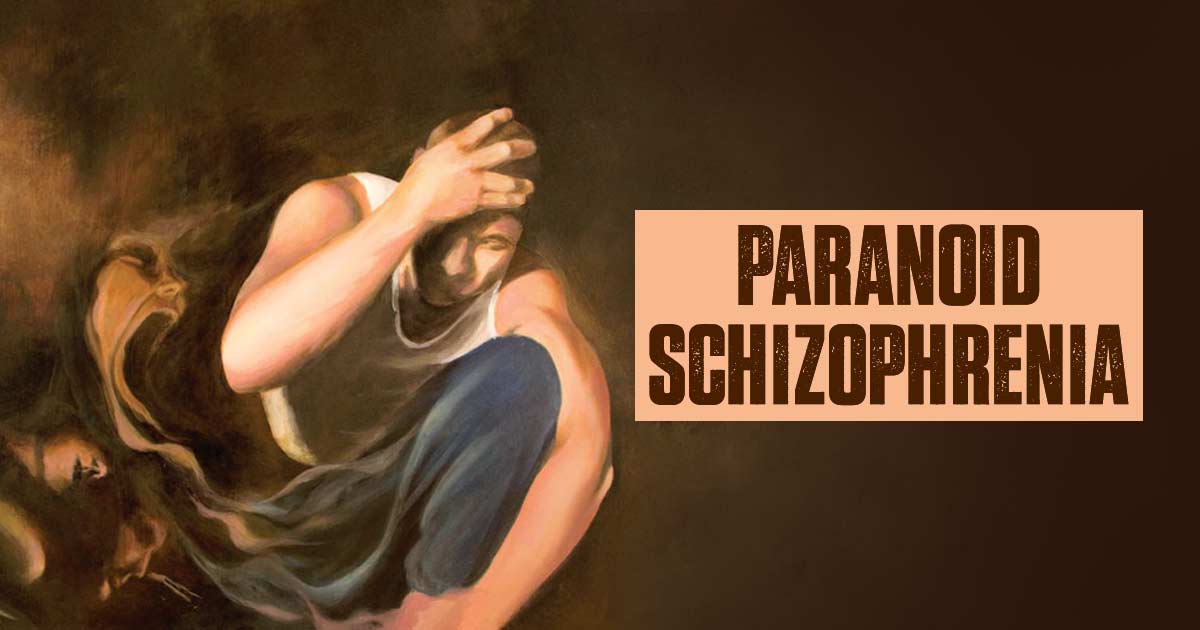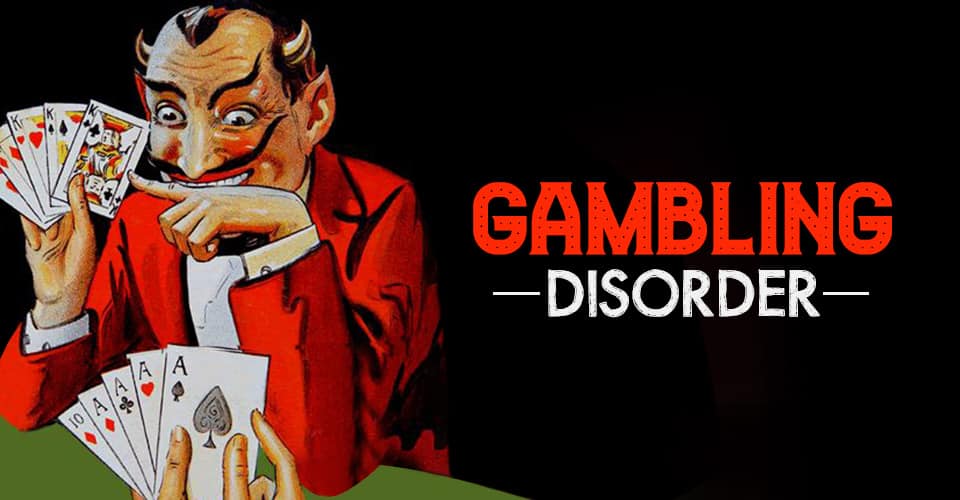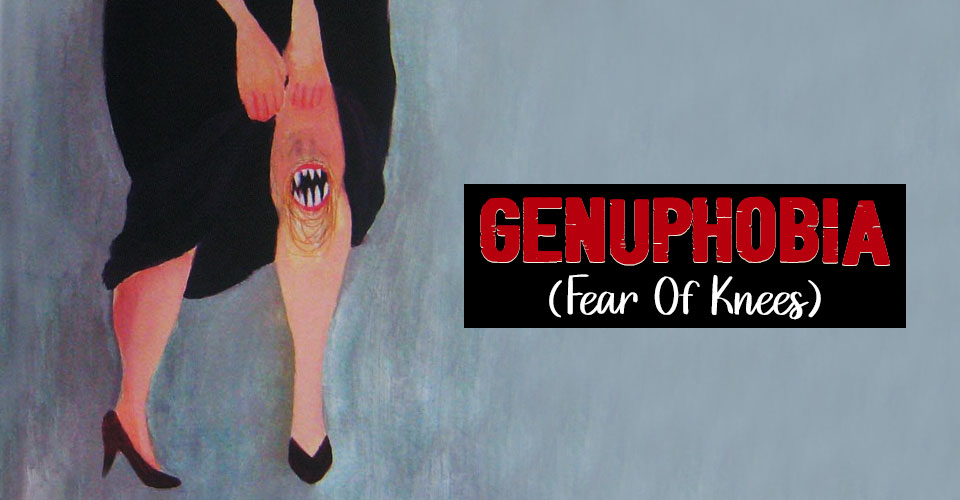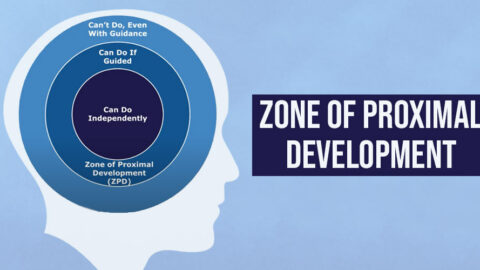Emotional abuse is a pervasive form of mistreatment involving the persistent manipulation, degradation, and control of an individual’s emotions. It impacts mental health, often triggering issues such as depression, low self-esteem, etc. and difficulty forming trusting relationships.
What Is Emotional Abuse?
Emotional abuse is a form of mistreatment 1 Dye H. L. (2019). Is Emotional Abuse As Harmful as Physical and/or Sexual Abuse?. Journal of child & adolescent trauma, 13(4), 399–407. https://doi.org/10.1007/s40653-019-00292-y characterized by the persistent manipulation, degradation, and control of an individual’s emotions and self-worth. It often involves patterns of behavior aimed at undermining one’s confidence, autonomy, and mental health.
A person can face emotional abuse as a child, in a relationship, at the workplace, or as an elderly individual in the form of verbal, physical, and behavioral maltreatment. This may leave profound scars on the victim’s psyche 2 Kumari V. (2020). Emotional abuse and neglect: time to focus on prevention and mental health consequences. The British journal of psychiatry : the journal of mental science, 217(5), 597–599. https://doi.org/10.1192/bjp.2020.154 and impact his/her daily functioning and social relationships.
Signs Of Emotional Abuse
The common 3 Gama, C. M. F., Portugal, L. C. L., Gonçalves, R. M., de Souza Junior, S., Vilete, L. M. P., Mendlowicz, M. V., Figueira, I., Volchan, E., David, I. A., de Oliveira, L., & Pereira, M. G. (2021). The invisible scars of emotional abuse: a common and highly harmful form of childhood maltreatment. BMC psychiatry, 21(1), 156. https://doi.org/10.1186/s12888-021-03134-0 signs of emotional abuse include:
- Constant criticism
- Manipulation
- Isolation
- Gaslighting (or psychological manipulation undermining a person’s reality and inducing self-doubt)
- Emotional blackmailing
- Humiliation
- Controlling behavior
- Diminished self-esteem
- Emotional distress
- Fear of consequences
- Intense mood swings in the abuser
Types Of Emotional Abuse
The common 4 Glaser D. (2002). Emotional abuse and neglect (psychological maltreatment): a conceptual framework. Child abuse & neglect, 26(6-7), 697–714. https://doi.org/10.1016/s0145-2134(02)00342-3 types of emotional abuse include:
1. Rejecting
Rejecting emotional abuse involves consistently dismissing or invalidating a person’s feelings, needs, or experiences, causing them to feel unloved, unworthy, and isolated.
2. Ignoring
Ignoring emotional abuse occurs when an individual consistently disregards or neglects another person’s emotional needs, creating a sense of abandonment and isolation, often leading to feelings of insignificance.
3. Terrorizing
Terrorizing emotional abuse involves instilling fear through threats, intimidation, or violent behavior, manipulating the victim into a state of constant anxiety, apprehension, and vulnerability.
4. Isolating
Isolating emotional abuse occurs when someone deliberately cuts off a person from their support systems, such as friends and family, leaving them socially isolated and dependent on the abuser for validation and companionship.
5. Corrupting
Corrupting emotional abuse involves manipulating and distorting another person’s sense of reality, values, or beliefs, often through deceit, gaslighting, or coercion, causing confusion and undermining their self-esteem.
Read More About Gaslighting Here
6. Exploiting
Exploiting emotional abuse involves taking advantage of someone’s vulnerabilities, trust, or dependence for personal gain, whether it be financial, emotional, or otherwise, resulting in feelings of betrayal and powerlessness.
Causes Of Emotional Abuse
Research 5 Cohen, J. R., & Thakur, H. (2021). Developmental consequences of emotional abuse and neglect in vulnerable adolescents: A multi-informant, multi-wave study. Child abuse & neglect, 111, 104811. https://doi.org/10.1016/j.chiabu.2020.104811 and what is emotional abuse attributes the common causes of emotional abuse to:
- Trauma: Past trauma can lead to emotional abuse as a coping mechanism or learned behavior.
- Emotional Intelligence: Low emotional intelligence may result in difficulty understanding and managing emotions, leading to abusive behaviors.
- Control Desires: A need for dominance in relationships can drive manipulation and exertion of unequal power.
- Insecurity: Individuals with low self-esteem may use emotional abuse to elevate their own self-worth.
- Communication Issues: Poor communication skills can escalate into emotional abuse.
- Cultural/Societal Factors: Norms condoning power imbalances may contribute to abusive behaviors.
- Substance Abuse: Impaired judgment from substance use can increase the likelihood of emotional abuse.
- Family History: Witnessing or experiencing abuse in the family may perpetuate similar patterns.
- Lack Of Awareness: Some may not realize the harmful impact of their actions, lacking insight.
- Stress And Challenges: High stress and life challenges may trigger emotional abuse as a negative coping mechanism.
Read More About Stress Here
Emotional Abuse And Mental Illness
Emotional abuse and mental illness are intricately related 6 Strathearn, L., Giannotti, M., Mills, R., Kisely, S., Najman, J., & Abajobir, A. (2020). Long-term Cognitive, Psychological, and Health Outcomes Associated With Child Abuse and Neglect. Pediatrics, 146(4), e20200438. https://doi.org/10.1542/peds.2020-0438 . Its lasting effects on mental health lead to the development and exacerbation of mental illnesses. The insidious nature of emotional abuse often makes it challenging to identify and address, as it involves subtle manipulation, degradation, and control that erode a person’s self-worth over time. Constant exposure to such toxic environments can trigger anxiety, depression, and other mental health disorders.
In the short term, emotional abuse can manifest in heightened stress responses, and emotional dysregulation. These may develop into severe behavioral and conduct disorders bordering on aggression, violence, anger issues, etc. This may further contribute to immediate challenges in coping and a compromised quality of life. 7 Ahn, Y. D., Jang, S., Shin, J., & Kim, J. W. (2022). Psychological Aspects of Child Maltreatment. Journal of Korean Neurosurgical Society, 65(3), 408–414. https://doi.org/10.3340/jkns.2021.0300 Victims may experience a sense of powerlessness, leading to feelings of hopelessness and despair. Over time, this chronic exposure can contribute to the onset of more severe mental health conditions, such as post-traumatic stress disorder (PTSD), complex trauma, or personality disorders.
Read More About Post-traumatic Stress Disorder (PTSD) Here
Emotional abuse and mental illness have a long-term association—influencing cognitive, emotional, and interpersonal functioning. Survivors may struggle with trust, have difficulty forming healthy relationships 8 Al Odhayani, A., Watson, W. J., & Watson, L. (2013). Behavioural consequences of child abuse. Canadian family physician Medecin de famille canadien, 59(8), 831–836. , and harbor a persistent negative self-image. Chronic stress from emotional abuse can contribute to physical health issues as well, further exacerbating the overall burden on an individual’s well-being.
What Does Emotional Abuse In Children Look Like?
Emotional abuse in children involves consistent patterns of harmful behavior, such as humiliation, rejection, or isolation, from caregivers or authority figures 9 Iram Rizvi, S. F., & Najam, N. (2014). Parental Psychological Abuse toward children and Mental Health Problems in adolescence. Pakistan journal of medical sciences, 30(2), 256–260. . Children at the receiving end of this abuse may develop low self-esteem, anxiety, depression, and difficulties forming healthy relationships.
Read More About Self-Esteem Here
The constant exposure to negative interactions can hinder emotional and social development, impeding their ability to trust and express emotions appropriately. Additionally, the effects of emotional abuse in childhood can extend into adulthood 10 Dvir, Y., Ford, J. D., Hill, M., & Frazier, J. A. (2014). Childhood maltreatment, emotional dysregulation, and psychiatric comorbidities. Harvard review of psychiatry, 22(3), 149–161. https://doi.org/10.1097/HRP.0000000000000014 , influencing self-perception, interpersonal skills, relationships, and professional functioning.
Supporting Someone With Emotional Abuse
Supporting someone who has endured emotional abuse involves an open showing of empathy, patience, and non-judgmental listening 11 Xu, H., Luo, X., Shen, Y., & Jin, X. (2023). Emotional abuse and depressive symptoms among the adolescents: the mediation effect of social anxiety and the moderation effect of physical activity. Frontiers in public health, 11, 1138813. https://doi.org/10.3389/fpubh.2023.1138813 . Validate their feelings, encourage open expression, and assure them of their worth. Stay informed about emotional abuse and help them seek therapy or other forms of professional support.
Be involved, stay vigilant for triggering signs of emotional abuse, and consistently offer caring assistance but while respecting their autonomy. Understanding that healing is a gradual process and your unwavering support plays a pivotal role in their journey toward recovery.
Takeaway
The impact of emotional abuse on mental health can lead to long-lasting scars, hindering personal growth and perpetuating cycles of dysfunction. Addressing these mental health repercussions is essential for personal and societal well-being. Measures like raising awareness and offering support can help us break the cycle of dysfunction. Acknowledging and addressing emotional abuse is not only compassionate but also vital for fostering healthier, more empathetic communities.
At A Glance
- Research on what is emotional abuse defines it as persistent manipulation, degradation, and control.
- Emotional abuse and mental illness (like anxiety, PTSD, and depression) are linked.
- Signs of emotional abuse include criticism, isolation, gaslighting, and controlling behavior.
- Types of emotional abuse include rejecting, ignoring, terrorizing, isolating, corrupting, and exploiting.
- Causes of emotional abuse range from past trauma and low emotional intelligence to control desires and communication issues.
- Acknowledging and addressing emotional abuse is crucial for breaking cycles of dysfunction and fostering healthier communities.
Frequently Asked Questions (FAQs)
1. What Is The Difference Between Emotional Abuse And Anger Outburst?
Emotional abuse is characterized by a consistent pattern of manipulation and control, distinct from sporadic anger outbursts.
2. Can An Emotional Abuser Change?
The potential for an emotional abuser to change exists but necessitates self-awareness, therapy, and genuine commitment.
3. Who Is At The Risk Of Emotional Abuse?
Anyone, regardless of age or background, is susceptible to emotional abuse, influenced by factors like past trauma and individual vulnerabilities.

